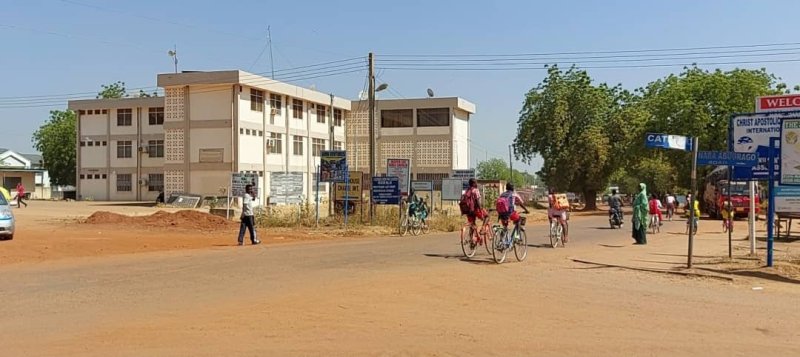
By Joshua Worlasi AMLANU & Ebenezer Chike Adjei NJOKU
Analysts are urging the Bank of Ghana (BoG) to implement a centralised remittance tracking system, as inward remittance flows which helped buoy the cedi in first-half 2025 have shown signs of weakening since April.
Banking and corporate governance consultant Dr. Richmond Akwasi Atuahene says lack of real-time tracking infrastructure is undermining Ghana’s ability to harness remittances as a strategic foreign exchange tool.
He recommends a rollout of centralised business-to-business software for banks, money transfer operators (MTOs), fintech firms and other licenced payment service providers.
“There is currently no comprehensive framework to trace inward remittances across the full value chain,” Dr. Atuahene said on the subject.
“This leaves room for non-compliance, offshoring of funds and significant forex leakages that could be avoided,” he added.
His comments follow a BoG notice issued this month – Notice No. BG/GOV/SEC/2025/20 – citing continued violations of remittance rules by financial institutions. The breaches include terminating remittances via unapproved channels, applying unauthorised forex rates and failing to disclose full transaction logs.
According to the central bank, these practices are undermining transparency and weakening the country’s foreign exchange position. In response, BoG has mandated weekly reporting of remittance inflows per MTO, including daily disbursement records and foreign exchange credits into Nostro accounts. Failure to comply, the Bank warned, will attract sanctions.
This urgency comes on the back of a noticeable drop in remittance inflows since April 2025. At the 125th Monetary Policy Committee meeting, Governor Dr. Johnson Pandit Asiama acknowledged the decline, noting that the Bank is now “investigating the matter thoroughly”.
“We are following up with data requirements from all players in the remittance space. We want to make sure that all foreign exchange earned abroad accrues to the system. This is critical to stabilising the exchange rate going forward,” Dr. Asiama stated.
Despite a strong performance in first-half 2025 – when the cedi appreciated by 42.6 percent against the dollar, officials and analysts warn that such gains may not be sustained if remittance inflows continue to fall or remain underreported.
Dr. Atuahene added that Ghana should look to models from Sri Lanka, Bangladesh and Pakistan, where centralised platforms have enabled central banks to trace up to 90 percent of inward remittances. These flows now fund as much as 80 percent of the trade deficit in those economies.
He also recommended a forensic audit of inward remittances from 2019 to 2025, particularly focusing on the foreign currency Nostro accounts of banks and MTOs to determine the extent of leakages and ensure alignment with the Foreign Exchange Act 2006 (Act 723) and Payment Systems and Services Act 2019 (Act 987).
“There must be enforcement and reform. Inward remittances are now more important than (or equally important as) cocoa or surrendered gold proceeds. Ghana cannot afford to treat this as a peripheral issue,” he explained.
The post Centralised remittance tracking could plug FX gaps – analyst to BoG appeared first on The Business & Financial Times.
Read Full Story























Facebook
Twitter
Pinterest
Instagram
Google+
YouTube
LinkedIn
RSS